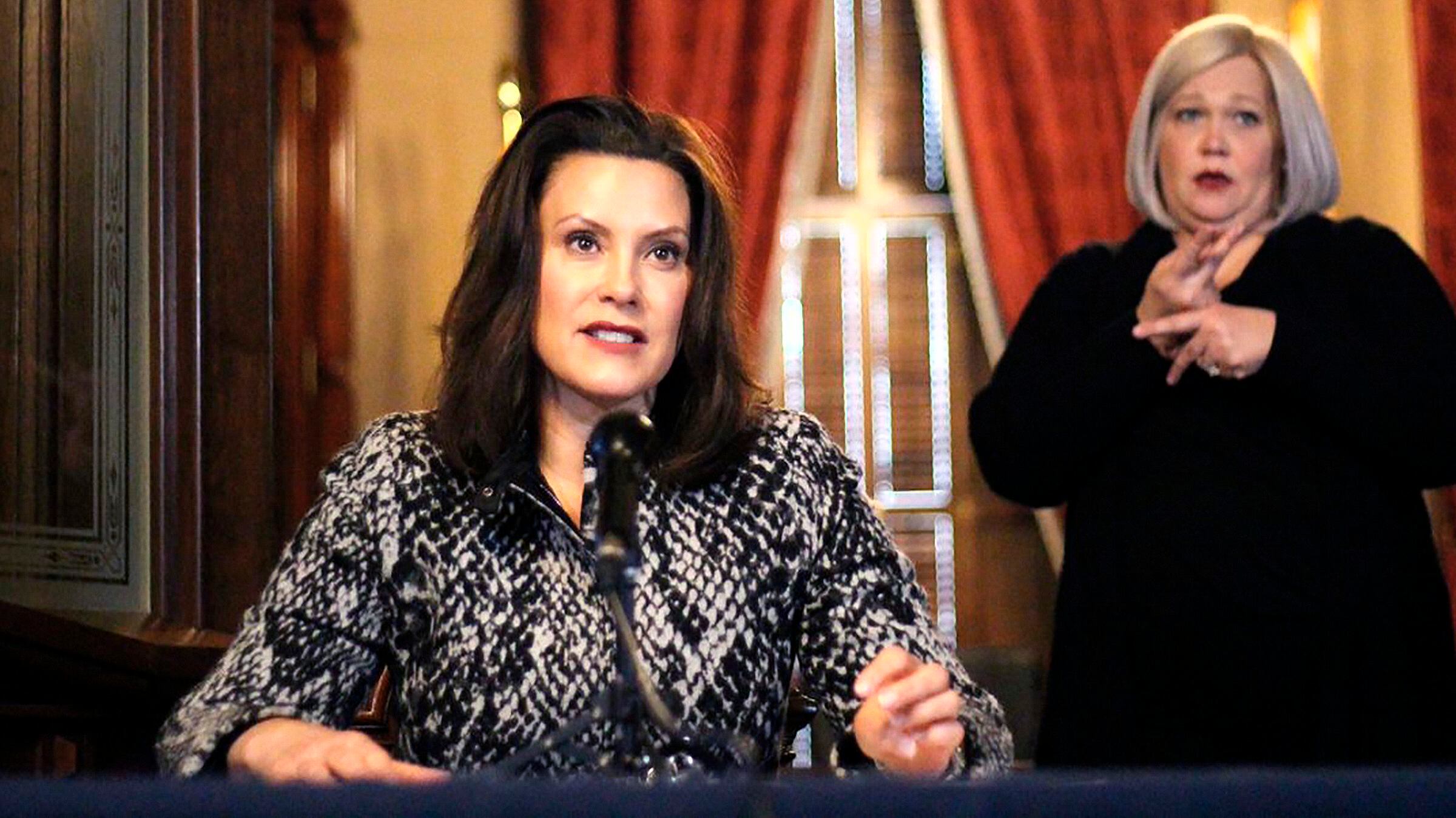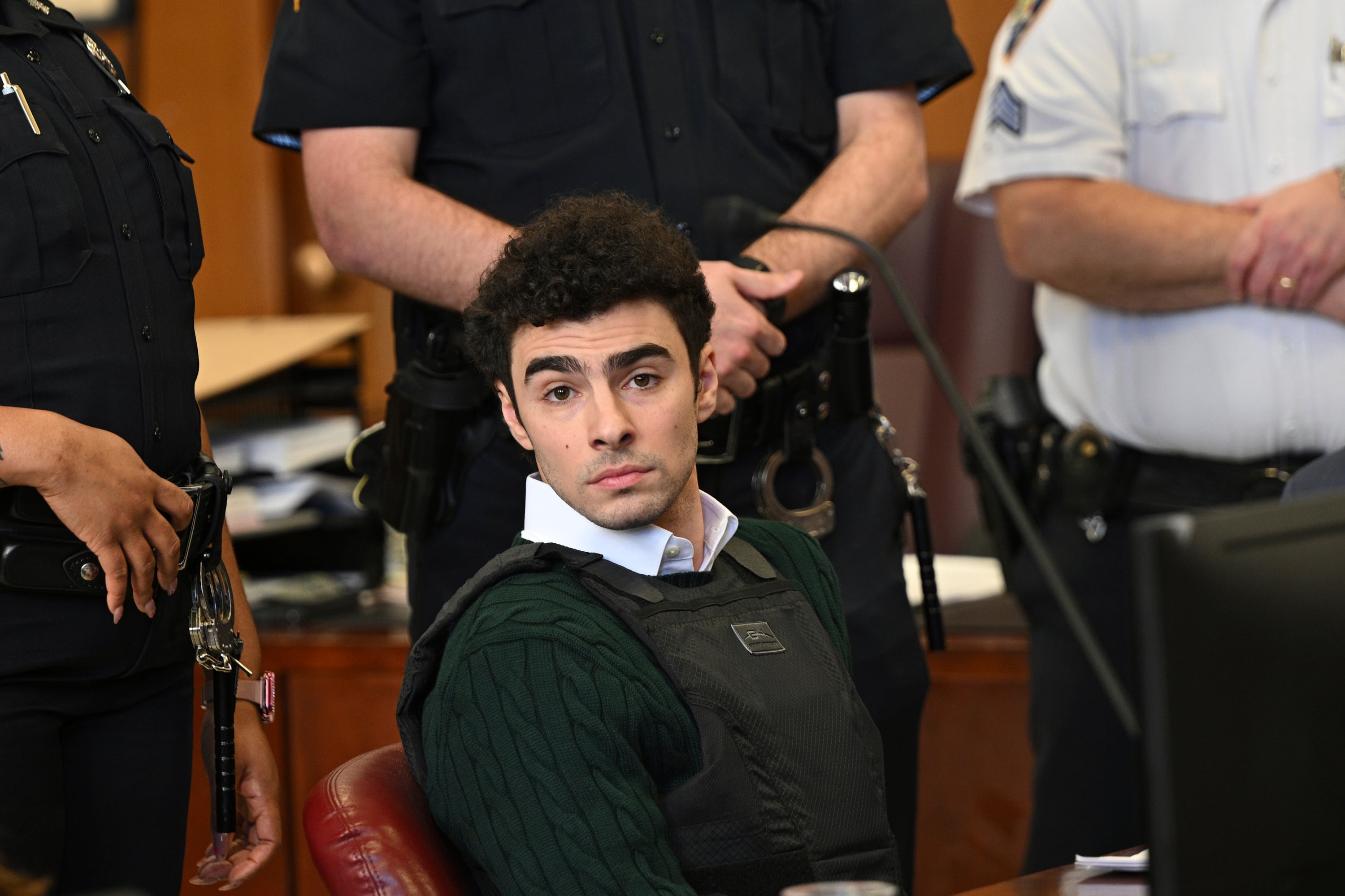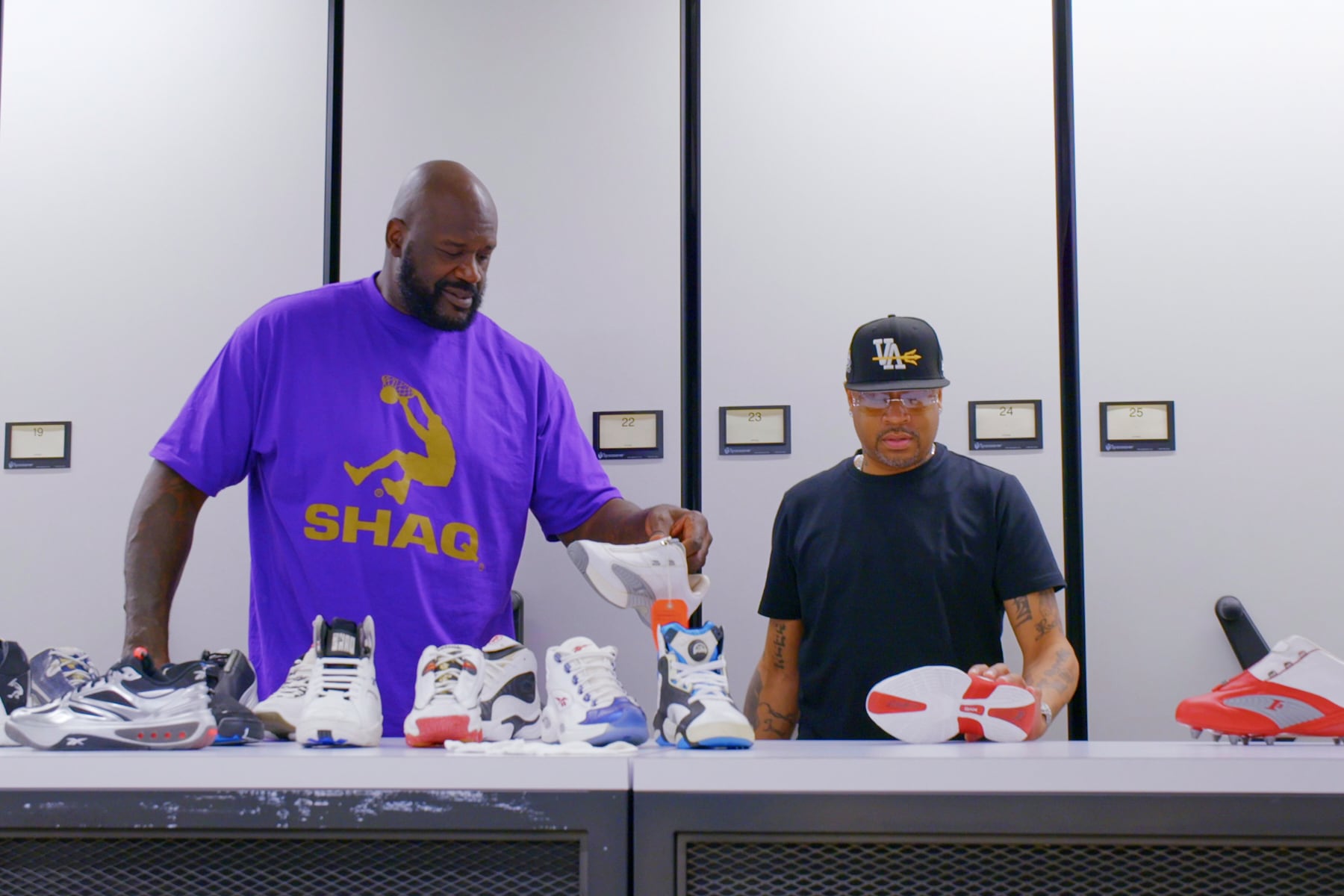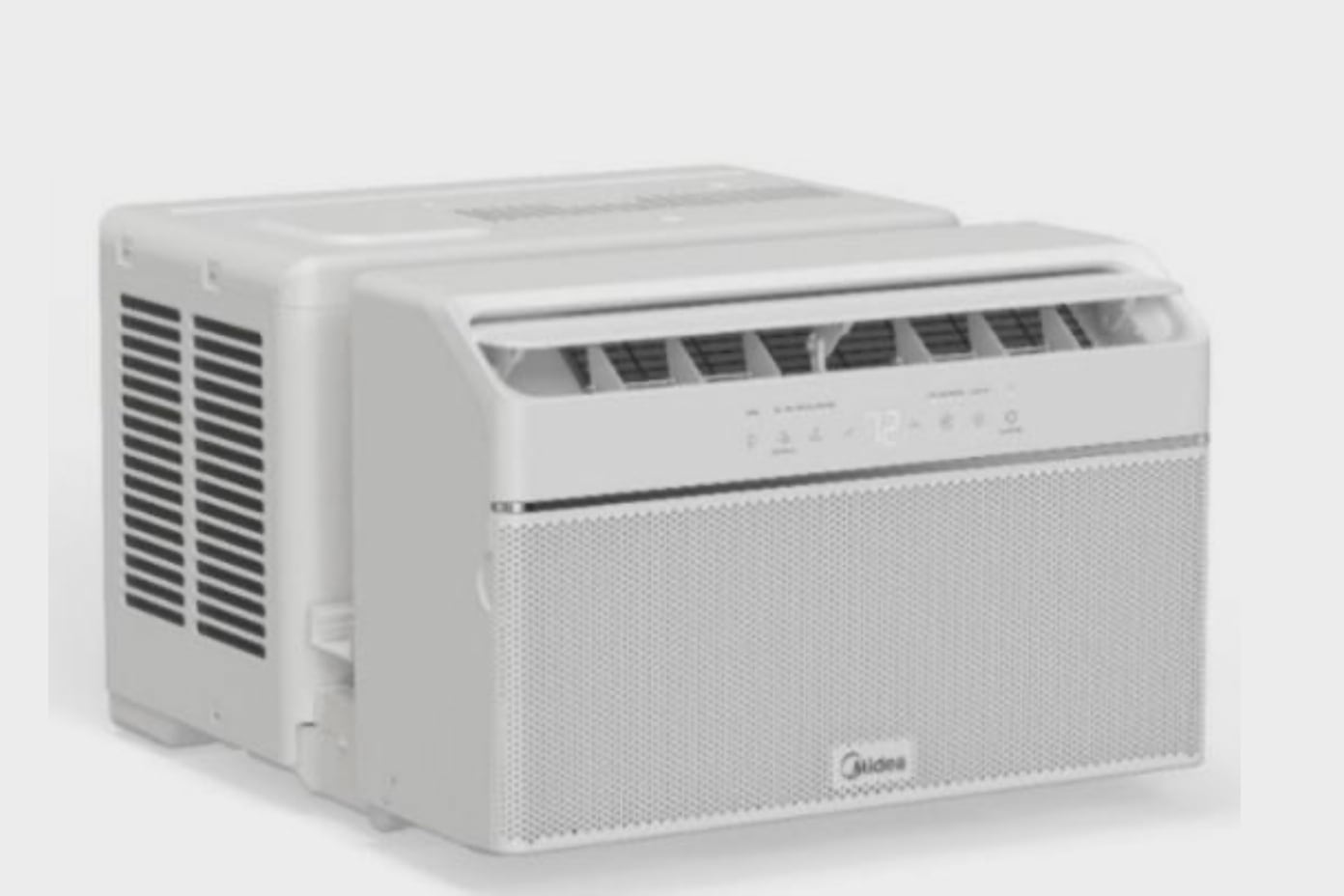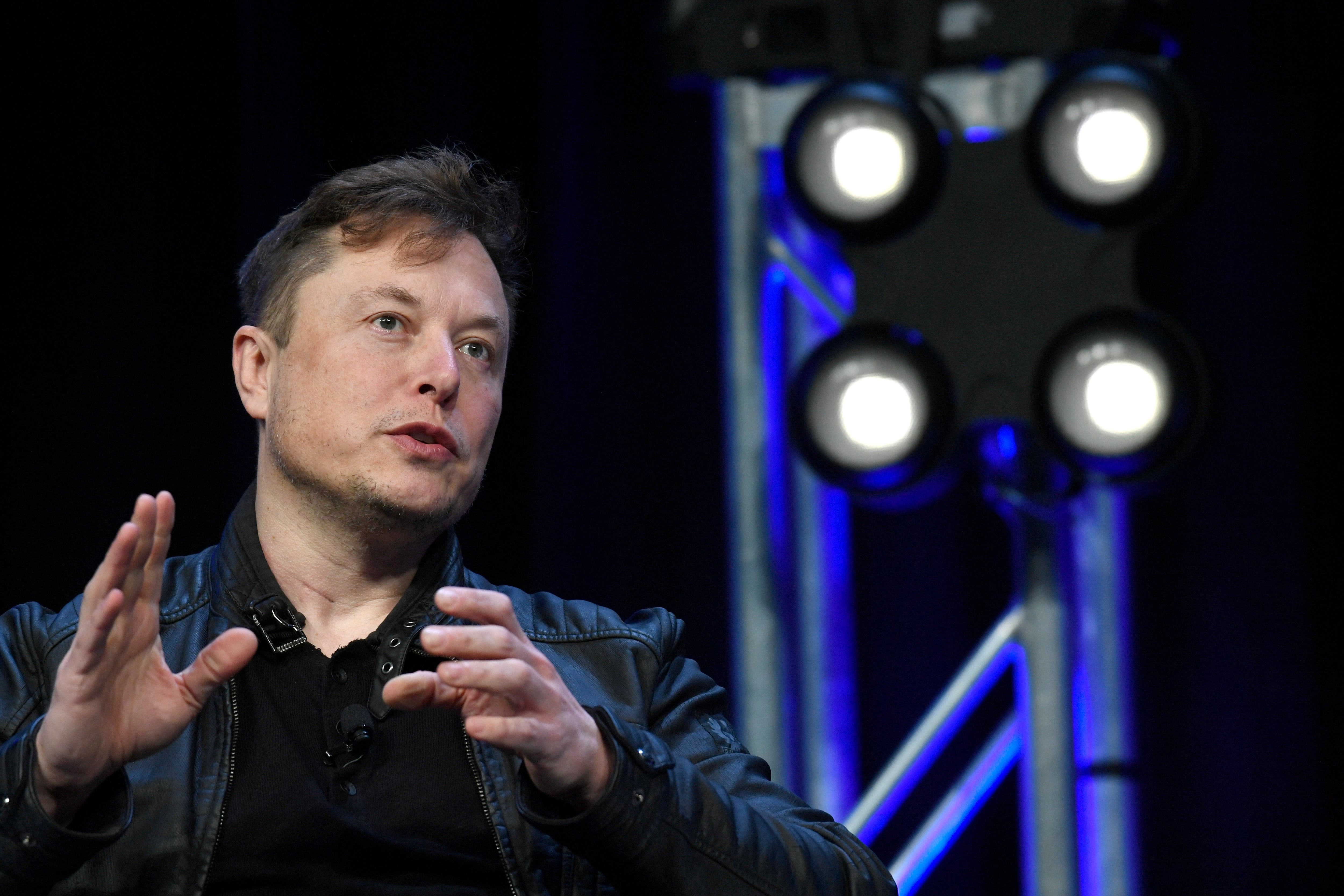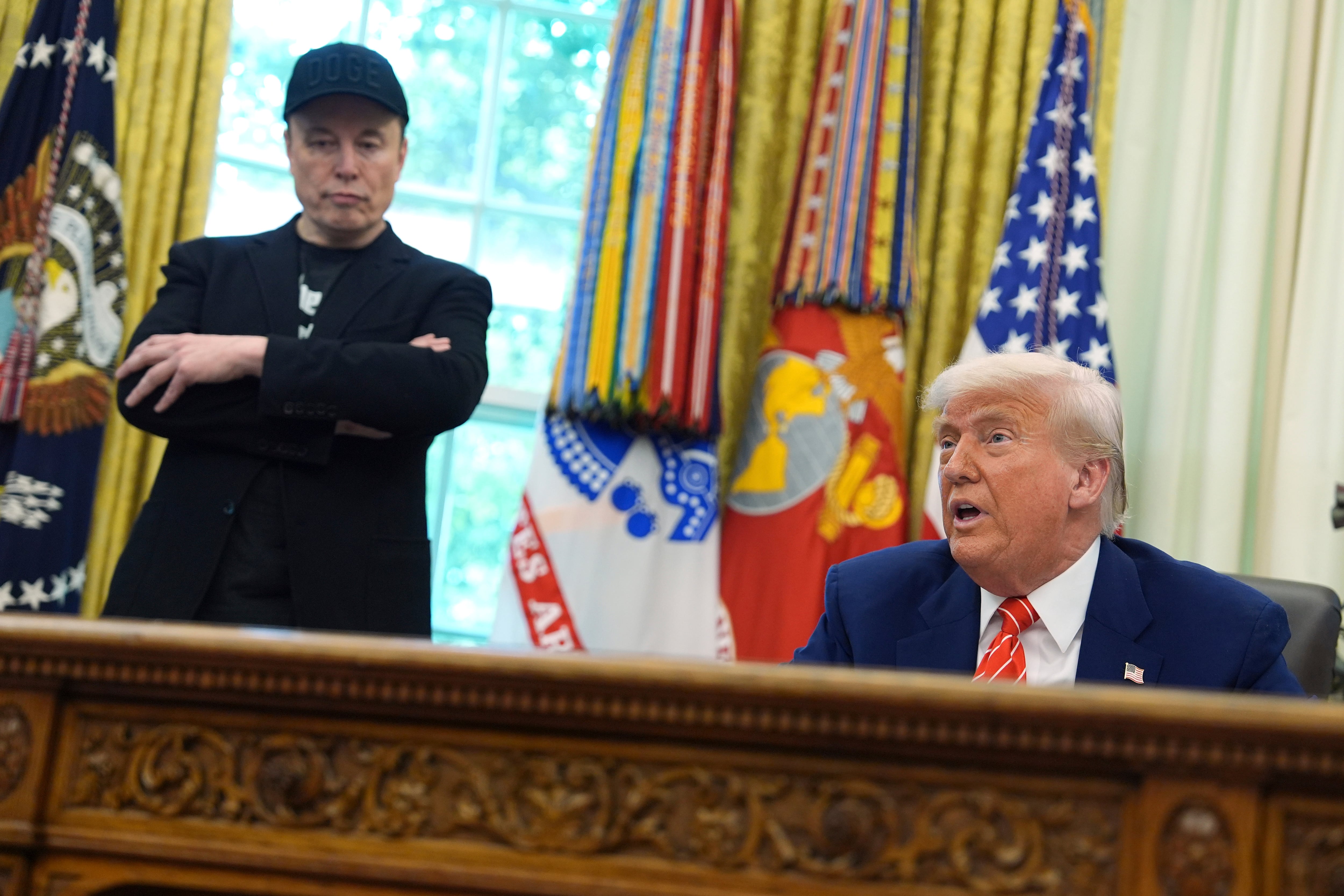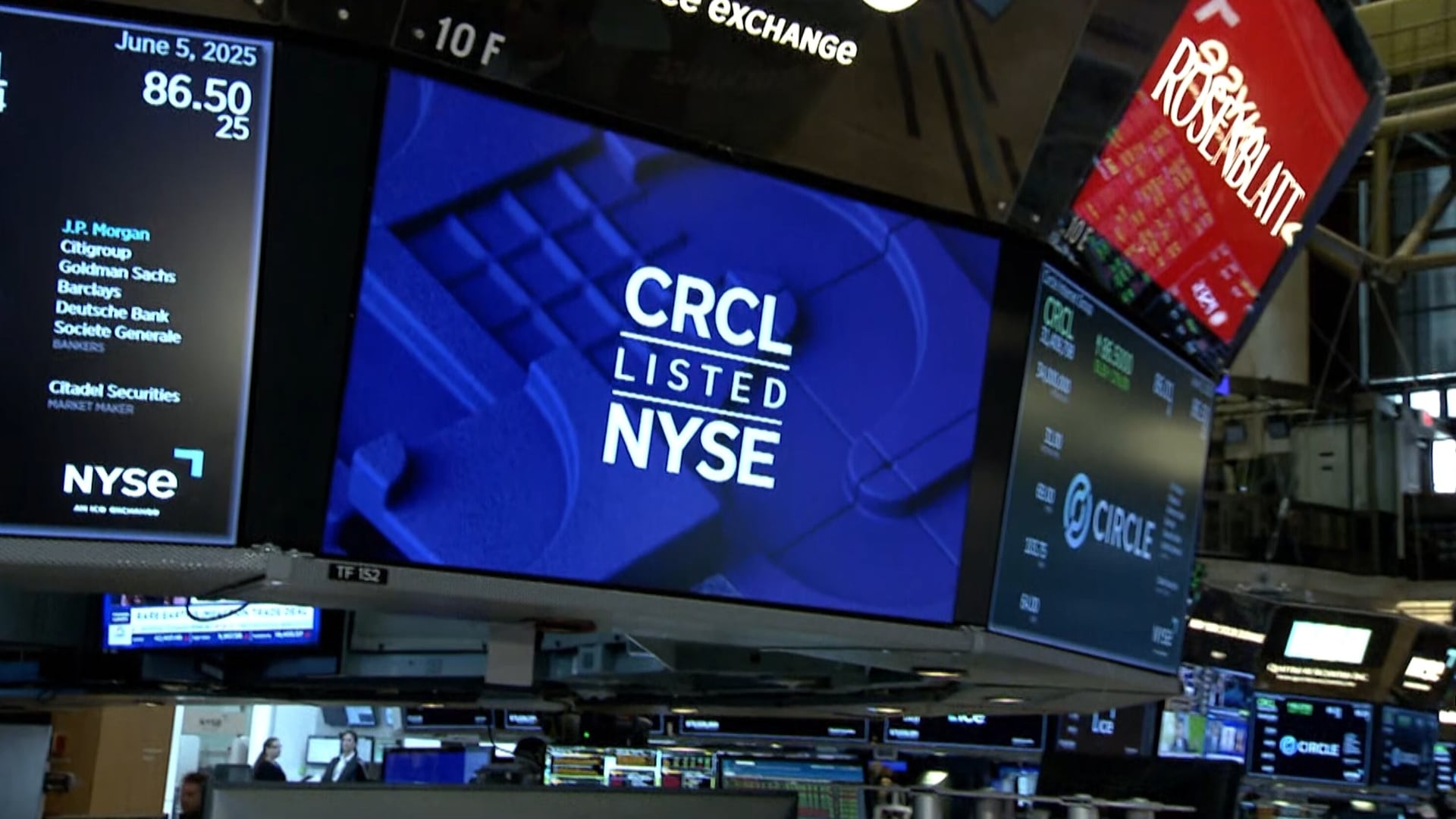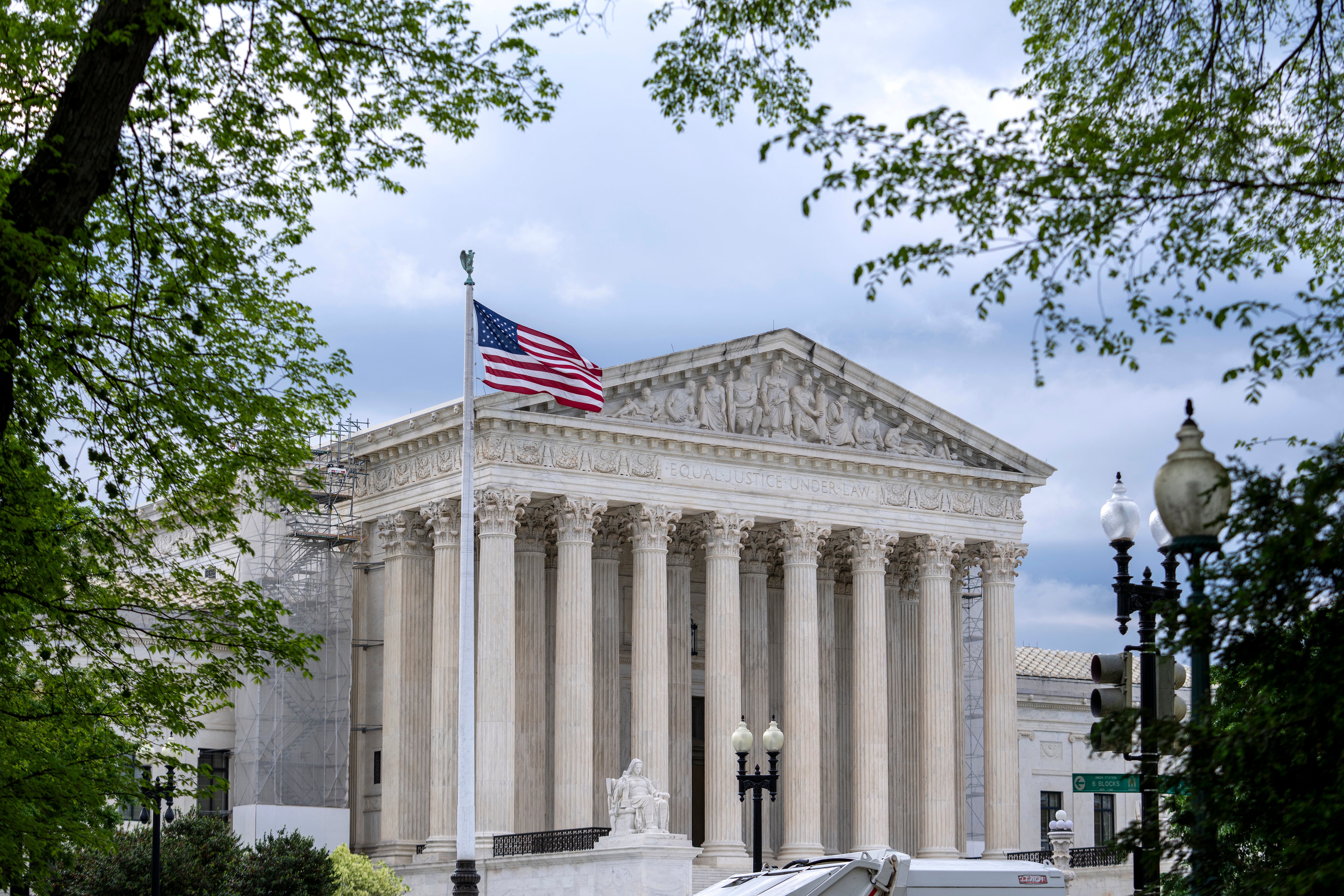By David Eggert
Seven Midwestern governors announced Thursday that they will coordinate on reopening their state economies amid the coronavirus pandemic after similar pacts were made in the Northeast and on the West Coast.
The latest agreement includes Illinois, Ohio, Michigan, Indiana, Wisconsin, Minnesota and Kentucky.
"We look forward to working with experts and taking a fact-based, data-driven approach to reopening our economy in a way that protects families from the spread of COVID-19," the governors said. "Our No. 1 priority when analyzing when (is) best to reopen our economy is the health and safety of our citizens."
The Midwestern alliance joins pacts on the West Coast and in the Northeast that were announced this week. Altogether, the 17 states covered by the partnerships are home to nearly half of the country's population.
Ohio Gov. Mike DeWine, whose early and aggressive response to the virus has received wide bipartisan praise, was named in the joint news release. But his spokesman said that as of Thursday, DeWine had not joined any formal compacts or agreements. DeWine said during a daily news briefing that he has been in constant conversation with the governors of all Ohio's bordering states.
"I can't speak for what the other governors are going to do, and I won't, but we are all in a lot of contact and I think it's good for the people of our respective states that we're sharing ideas," he said.
"Phasing in sectors of our economy will be most effective when we work together as a region," said the governors, who include five Democrats — Michigan's Gretchen Whitmer, Wisconsin's Tony Evers, Illinois' J.B. Pritzker, Minnesota's Tim Walz, Kentucky's Andy Beshear — and two Republicans, DeWine and Eric Holcomb of Indiana. They stressed it does not mean every state will take the same steps at the same time.
"Close coordination will ensure we get this right," said Evers, who on Thursday extended Wisconsin's stay-at-home order until May 26.
___
Associated Press writers Julie Carr Smyth in Columbus, Ohio, and Scott Bauer in Madison, Wisconsin, contributed to this report.
